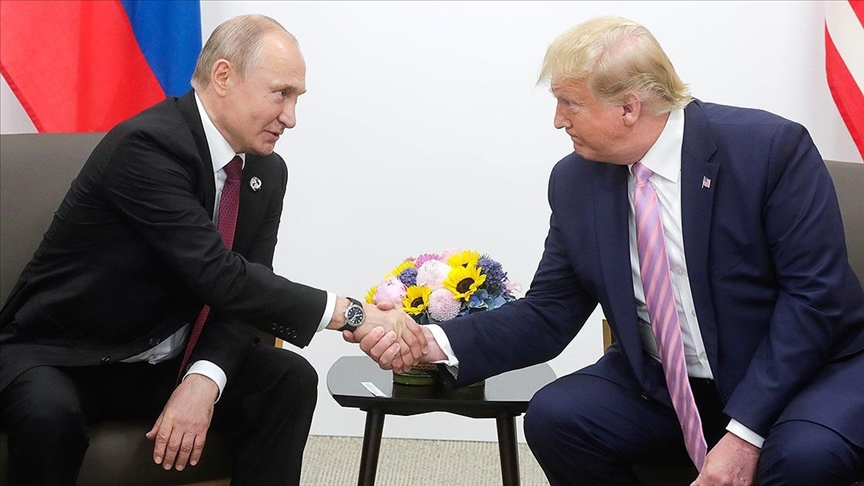Germany and Turkey’s EU membership
Indeed, our deputies must do the same thing with their counterparts in both the European Parliament and national parliaments of Europe. Of course at that point, to know what to say in favor of our membership is as important as the language. The Foreign Ministry and non-governmental organizations such as the Economic Development Foundation (IKV) may provide intensive briefings for our deputies and tell them about our arguments in support of membership.
Germany’s attitude regarding Turkey’s EU membership is very important. It will be recalled that the Schroeder government, in parallel to its changing the citizenship codes to make them based on the land, rather than blood, a move which has paved the way for Turks living in the country to become German citizens, has changed its stance towards Turkey’s membership as well. This change of attitude on the part of Germany played a role that was as important as, and even more important than, the attitude of Greece in the declaration of our candidacy in the 1999 Helsinki Summit.
But later on, in the Copenhagen summit of 2002, it turned out that Germany was hesitant over setting a date for the opening of accession talks with Turkey. Videotape of a conversation recorded during that summit gave us the impression that Fischer was not quite honest to us on that issue.
It was good to see that it has been confirmed on the occasion of the prime minister’s visit that Germany is supporting our membership. But Interior Minister Otto Schily’s warning that our membership would take a long time has created unease. Because the beginning of the accession talks in the early 2005 is of vital importance for Turkey. How much the talks will last will be understood after that. If Schily is talking this way because he wants to eradicate the negative impacts of the CDU-CSU opposition on the public, there is no problem with that. But if he wants to say that there might be a delay in the date of starting talks, this means we have a trouble.
It must not have been a pleasant experience for Mr. Erdogan to meet CDU leader Angela Merkel. CDU represents the most powerful organized opposition against Turkey’s membership within the EU. Merkel says her party will make Turkey’s membership an issue for the 2006 German elections platform. And she says the CDU’s opposition to our membership is linked to the fact that the EU is not economically ready for our accession because of the enlargement that will take effect in 2004. She says this opposition has nothing to do with Turkey’s being a Muslim country. Under these circumstances, she thinks Schroeder’s positive approach towards our membership is not an "honest" behavior. Indeed, she is perhaps the one that is not being honest. Everybody knows that CDU and Merkel oppose to our membership because of cultural and religious differences.
If the Cyprus and Aegean problems acquire a reasonable solution perspective and accession talks start in 2005, CDU’s bringing its opposition to Turkey’s membership onto election platform in 2006 will lead to an uproar that is bigger than expected. It should not be difficult to estimate the enormity of the reaction if the CDU, which will probably win the elections, happens to stop, even put off the talks with Turkey.
Ms. Merkel should know this: The problem is far beyond the prejudices that Mr. Erdogan has told of in reference to Einstein. Because prejudices against us are everywhere in Europe. And it is not an innocent cultural-religious difference that lies behind the CDU’s unwillingness to see Turkey in Europe. The concept of "cultural relativism", which is known to be commonly held by some circles in Germany, that is the argument that people of different cultures cannot live together, is nothing but a new cover for the racism after the biological racist theory that collapsed in the Second World War. Experts of the issue say German racism is based on religious difference, rather than the color of the skin. In short, our struggle with the CDU attempting to block our membership will take place completely on the platform of racism.
Perhaps what the international community would need the least in the post-Iraq War era must be such a conflict breaking out between Turkey and Germany at a time when Christian-Muslim clash has appeared on the horizon.


